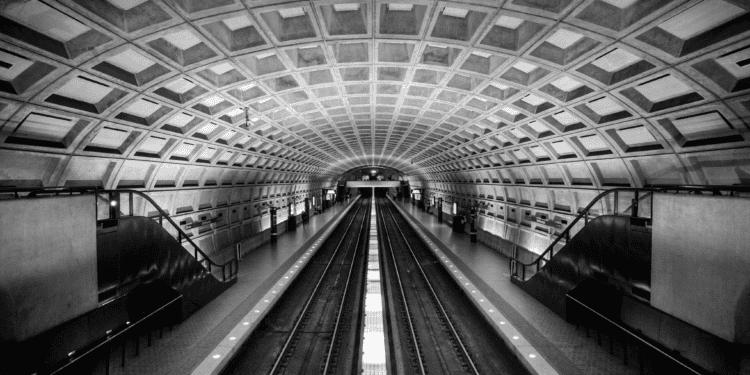Despite these hurdles, Clarke and his team have made remarkable strides, turning WMATA into a model for navigating the post-pandemic transit landscape. Clarke’s philosophy centers on providing more and better service, countering the narrative that transit is solely for the 9-to-5 office commute. By expanding off-peak service and increasing train frequency, WMATA has become more accessible for all types of trips, from daily commutes to midday appointments.
Clarke’s vision includes simplifying fare structures, implementing all-door boarding for buses, enabling smartphone fare payments, improving station signage, and retiring older railcars. New fare gates have significantly reduced fare evasion, and the introduction of transit ambassadors has bolstered customer service and safety. Moreover, Clarke mandated the return of all administrative staff to the office full-time, reinforcing his commitment to a robust operational presence.
The improvements have paid off: WMATA’s ridership has rebounded to about 75% of pre-pandemic levels, outpacing many other major transit systems. Clarke acknowledges that while downtown business trips have decreased, other areas, such as the NoMa neighborhood and the George Washington University district, have seen surges in ridership, driven by strategic development and improved transit access.
Funding remains a critical issue. WMATA secured $480 million from its three jurisdictions to stave off major service cuts, though it wasn’t enough to avoid a fare increase. Clarke emphasizes the need for a permanent funding source, as the current reliance on yearly contributions hampers long-term planning and operational efficiency. His strategy has been to demonstrate WMATA’s value through improved service, building trust with both the public and local officials.
Clarke is optimistic about the future, advocating for transit as essential to the region’s growth and sustainability. His leadership and proactive measures have not only stabilized WMATA but also set a new standard for how transit agencies can thrive amidst and beyond a crisis.









